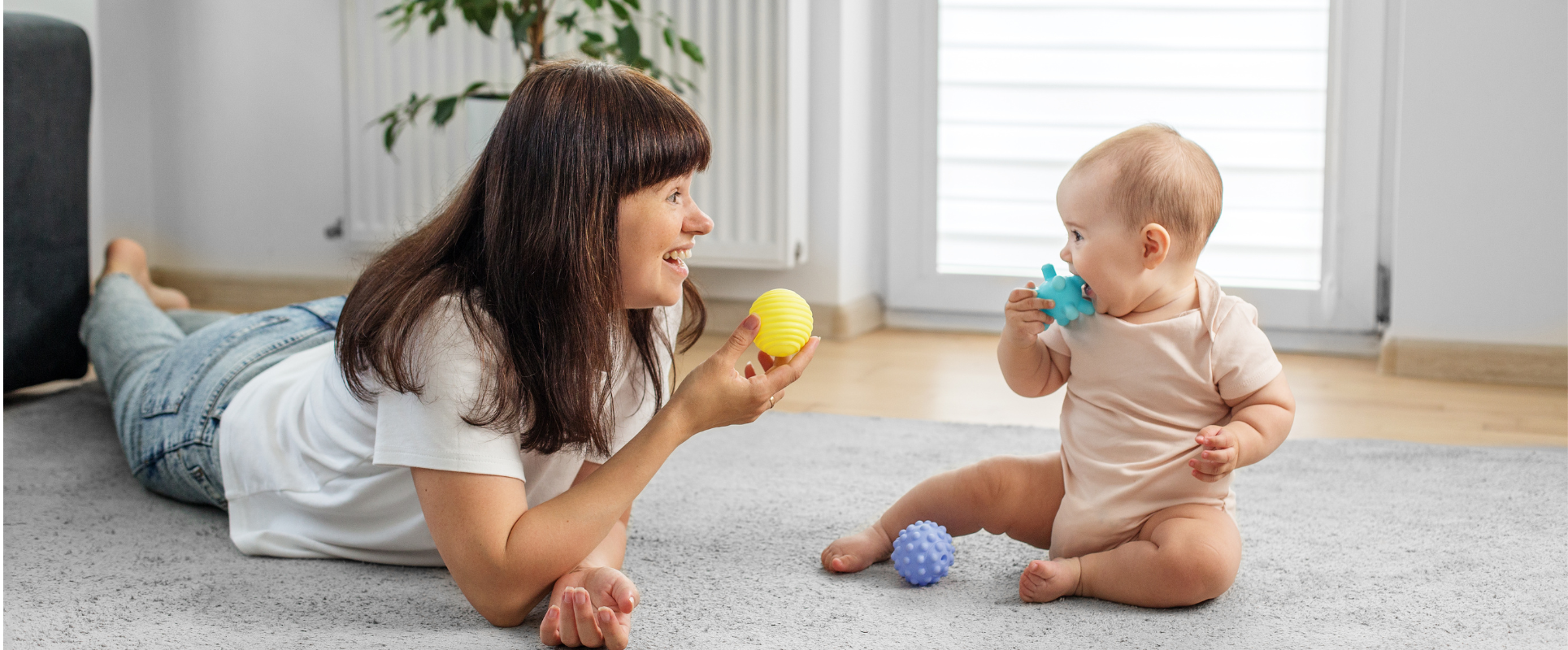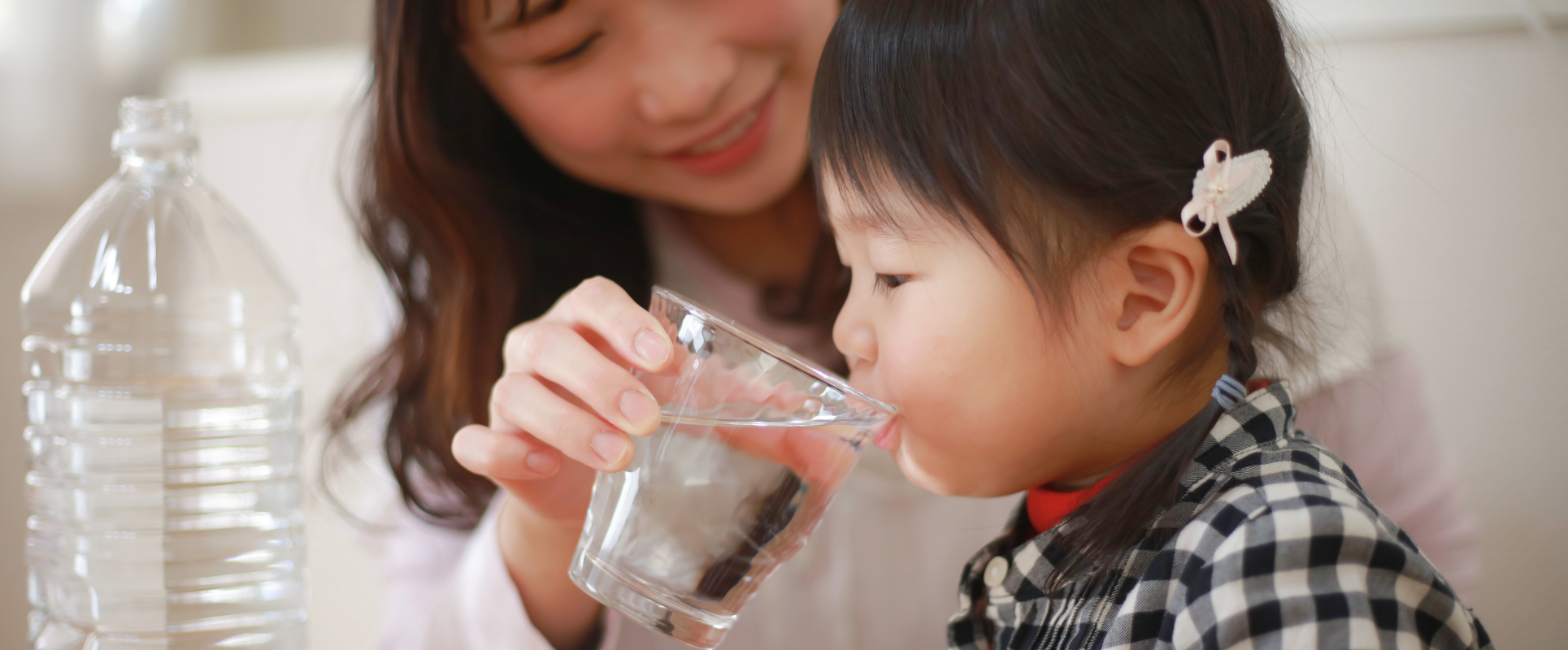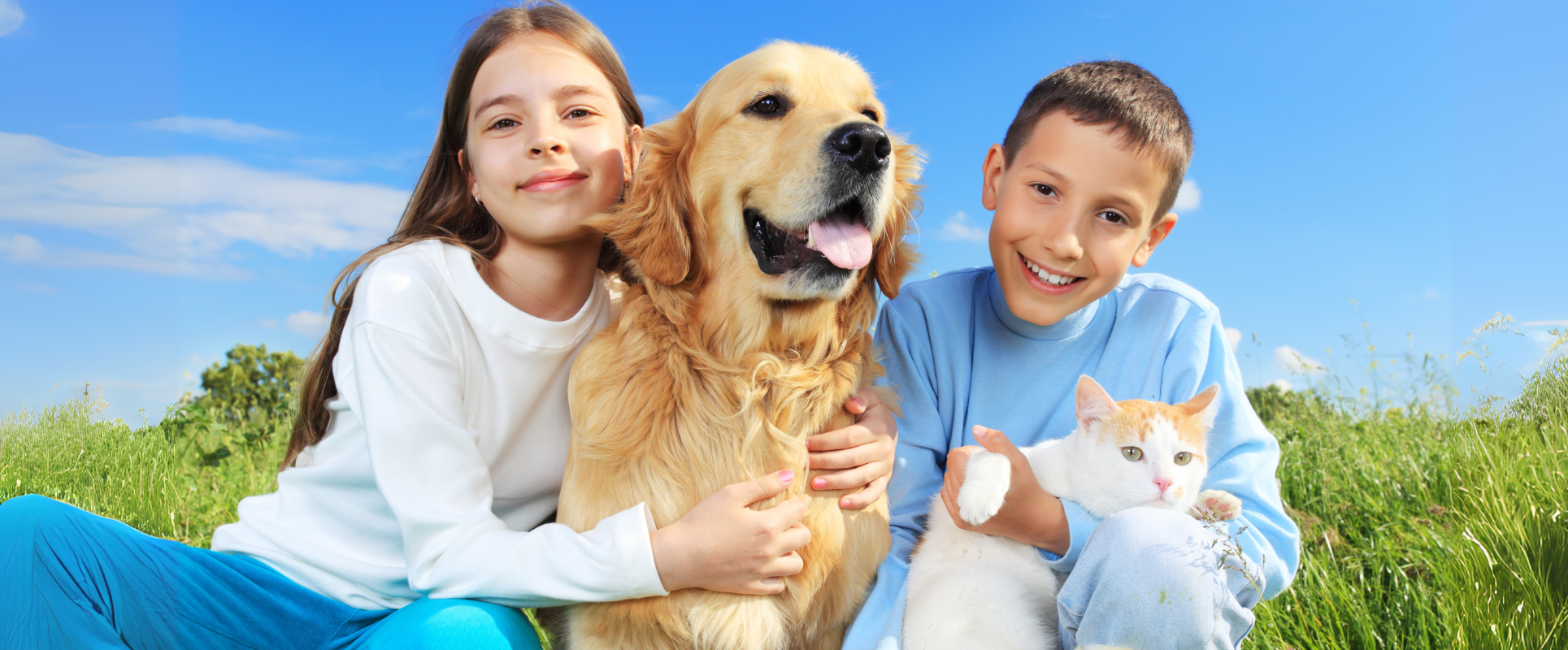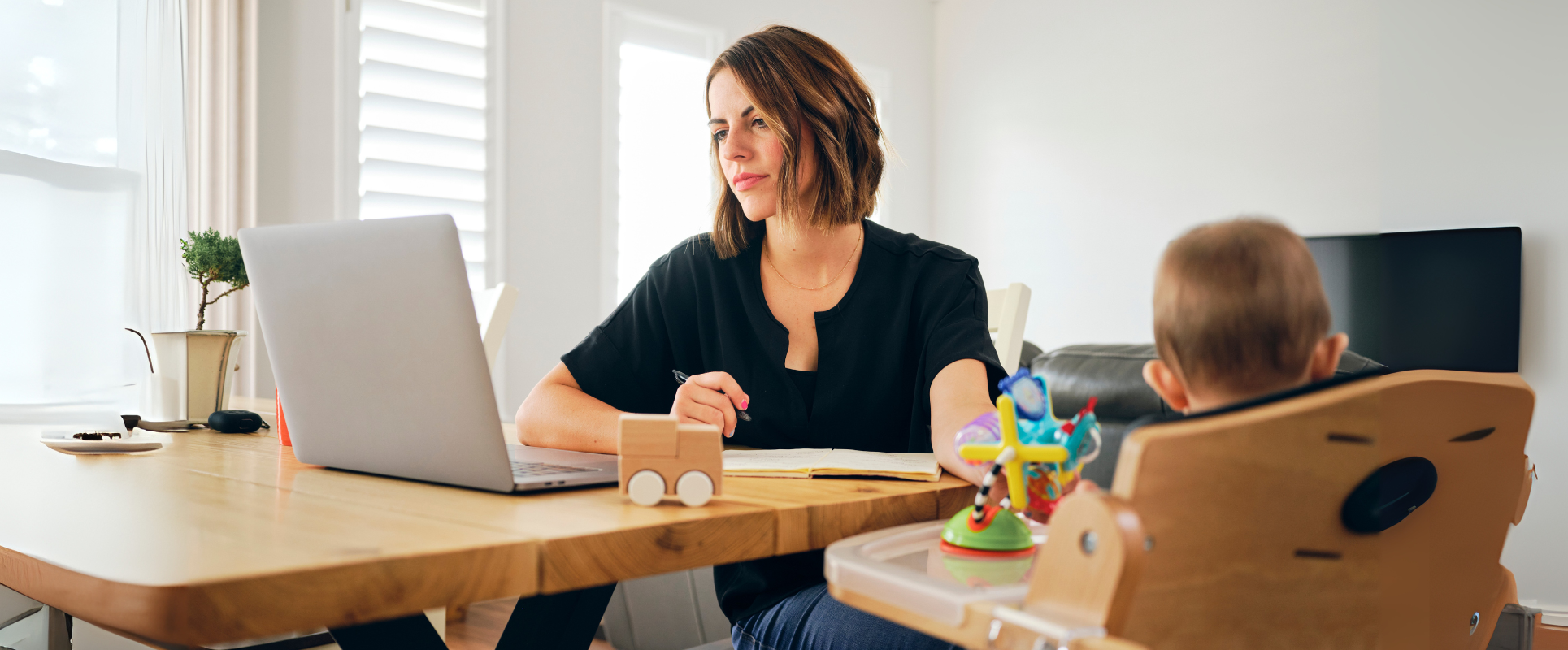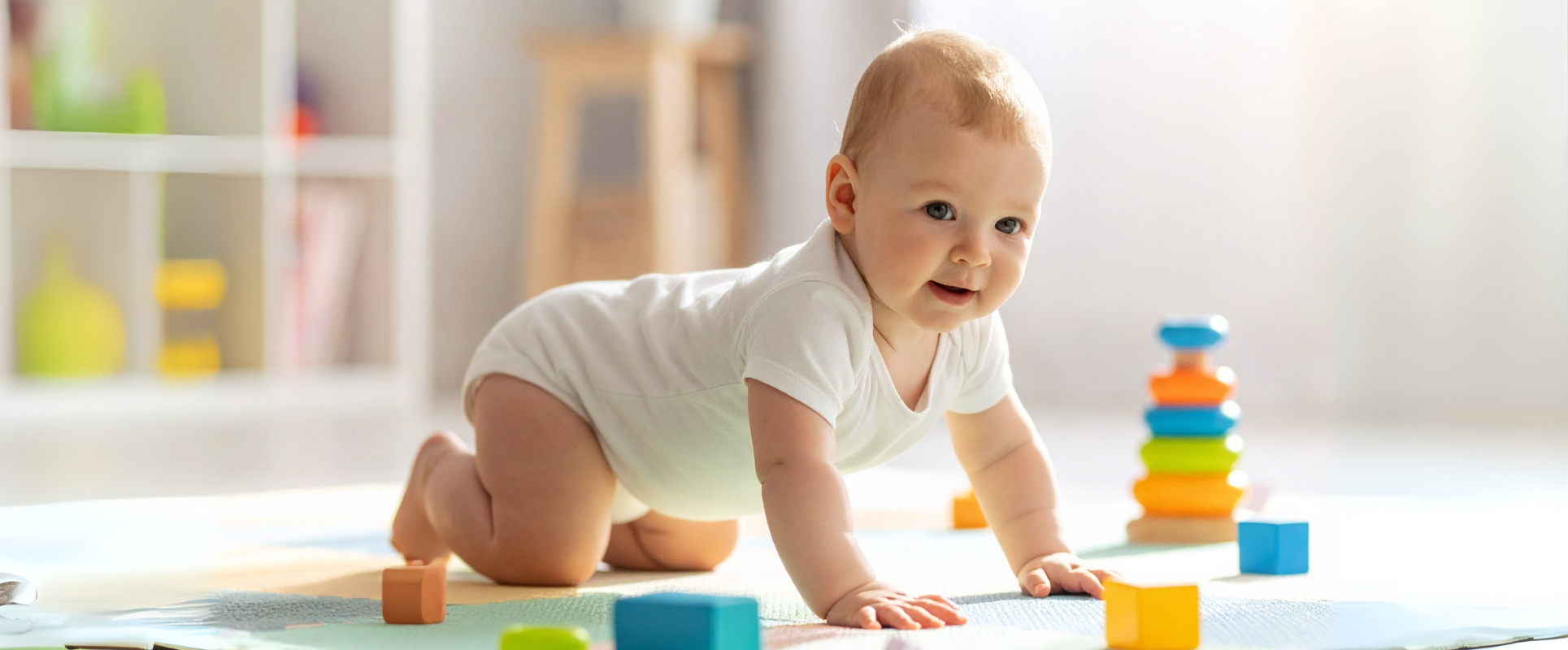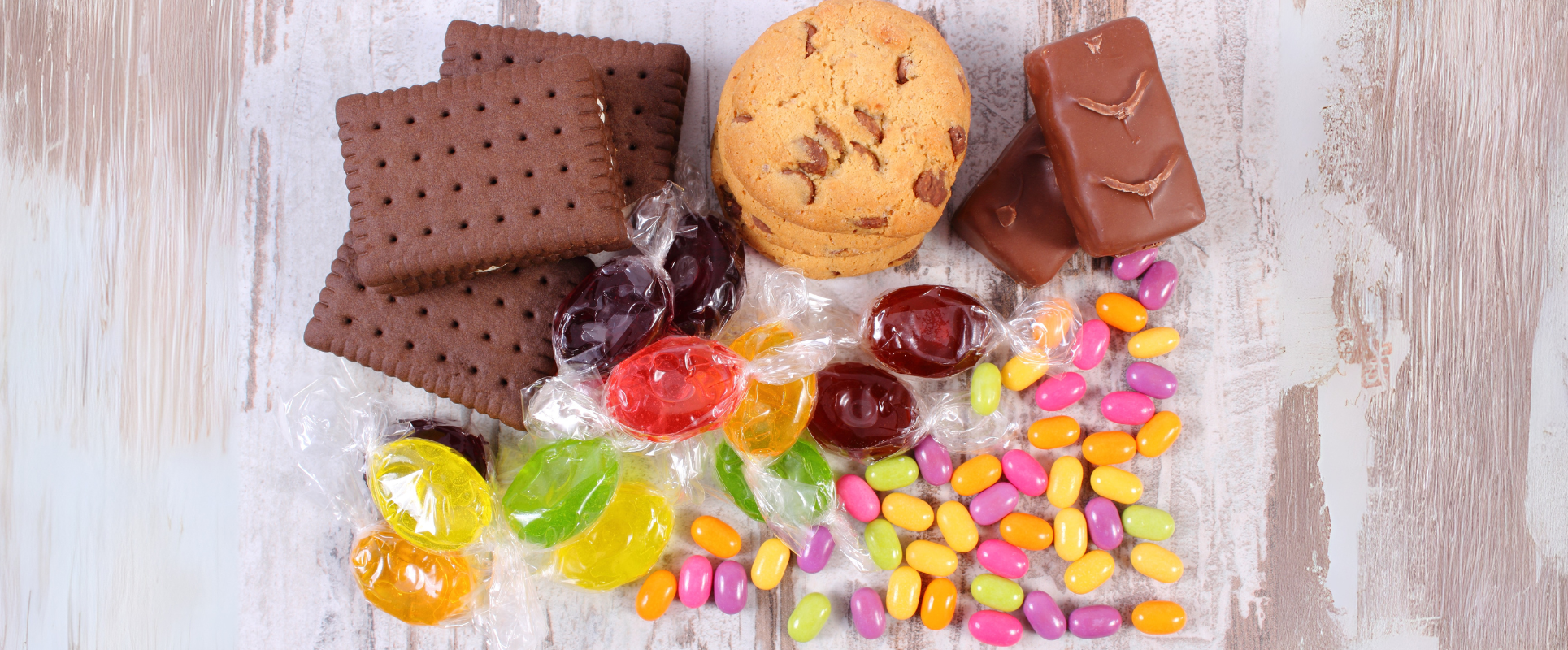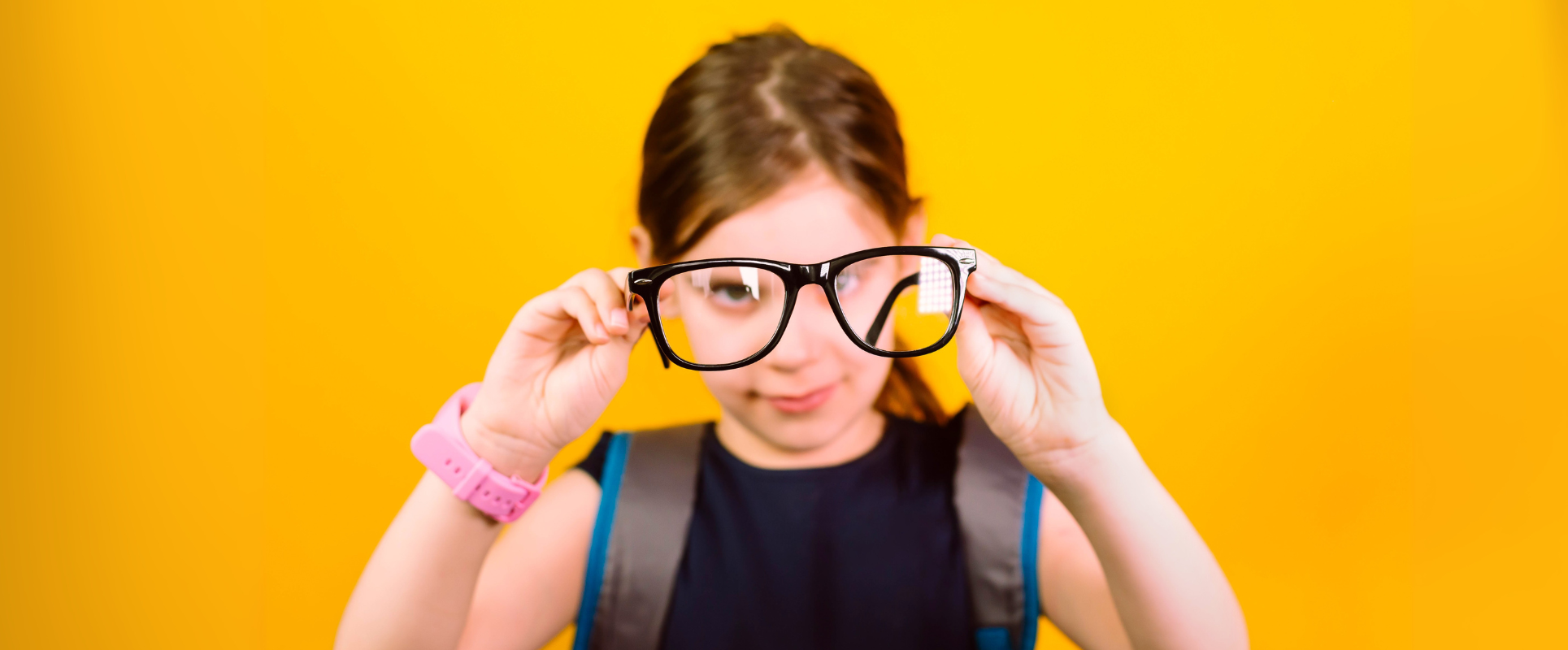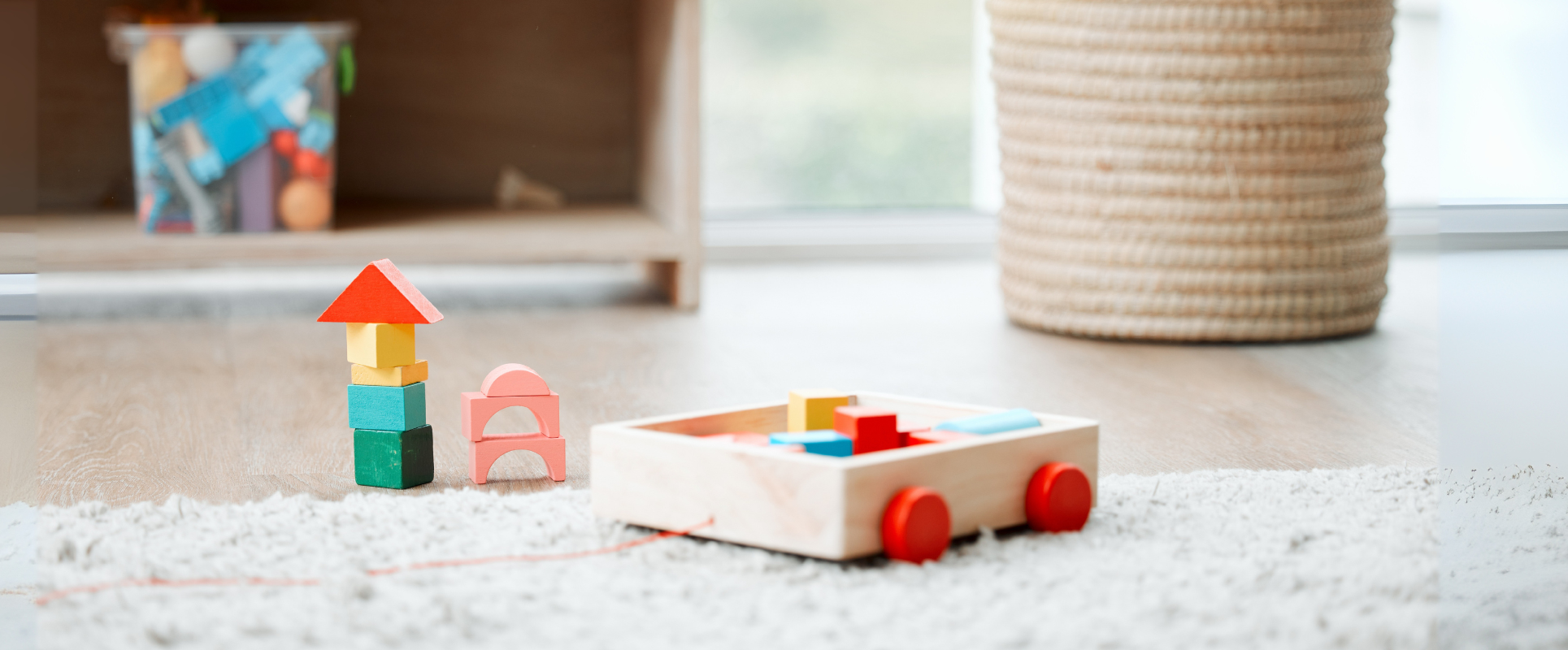
Eco-Friendly Baby Essentials for Gentle, Sustainable Parenting
Today’s parents are more conscious than ever — not only of what touches their baby’s skin, but also of their environmental footprint. At DabiDabi, we believe that gentle care and responsibility go hand in hand. This guide highlights 9 baby essentials that align with your values: safe for your child, kind to the planet and thoughtfully designed.
1. Why Do Eco-Friendly Baby Products Matter?
Newborn skin is ultra-sensitive. Common ingredients like parabens or sulfates (SLS/SLES) can easily cause dryness or irritation. Beyond the skin, the environmental toll of conventional diapers, wipes and packaging is alarming. According to the Environmental Working Group (EWG), most traditional baby care products contain at least one potentially hazardous chemical.
Eco-conscious parenting isn't just a trend. It’s a lifestyle shift — one that nurtures your baby and the world they’ll grow up in.
2. How to Choose Truly Eco-Friendly Baby Products
- Look for natural, non-toxic ingredients – no parabens, SLS/SLES or silicons
- Prefer minimal, recyclable packaging and brands with social responsibility commitments.
As Dr. Alan Greene (Pediatrician & author of “Raising Baby Green”) notes: “The earlier we reduce exposure to environmental toxins, the better for long-term health.”
3. DabiDabi's Sanfte Pflege – Gentle from the First Bath
When it comes to cleansing, choosing the right product is essential. DabiDabi Sanfte Pflege is a vegan 2-in-1 shampoo & body wash, made without silicon, parabens or SLS/ SLES. — Naturally gentle and ideal for sensitive baby and kid skin.
4. Other Eco Choices for Conscious Families
- Cloth or biodegradable diapers: Reduce landfill waste and are gentler on skin.
- Organic cotton baby clothes: Soft, breathable and free from pesticides.
- Natural wooden toys: Durable, safe to chew and stimulate sensory development.
- Reusable muslin cloths: Perfect for wiping, cleaning and replacing disposables.
5. Tips to Start Your Eco-Friendly Parenting Journey
- Begin with small, meaningful swaps — even just switching your baby wash is a powerful step.
- Research product ingredients and read INCI lists carefully.
- Reuse or pass down baby gear where safe and possible.
- Support brands that care, not just sell.
💛 At DabiDabi, every product is part of our “Born2Care” mission — caring for skin, children and a better future. A portion of proceeds goes to support underprivileged children.
FAQ – What Other Parents Ask About Green Baby Care
How do I know if a product is truly “fragrance-free”?
Look for products that list “fragrance-free” — not “unscented,” which may still use masking agents. Always read the full INCI list.
Are biodegradable diapers better than cloth diapers?
Both reduce environmental impact. Biodegradable diapers offer convenience with reduced plastic, while cloth is more reusable but needs washing.
Is DabiDabi a certified eco-brand?
DabiDabi follows strict ingredient safety guidelines. Our products are vegan and made in Italy/Greece without harsh additives. While we don’t yet carry external eco labels like EcoCert, our philosophy is deeply rooted in sustainability and transparency.
Can eco-friendly products really help reduce skin allergies?
Yes. Avoiding harsh chemicals and synthetic additives reduces the risk of irritant or allergic contact dermatitis in babies (source: Journal of Pediatric Dermatology, 2020).
Final Thoughts
Eco-friendly parenting is not about perfection. It’s about progress. Every bottle you choose, every cloth you reuse and every gentle product you apply contributes to a healthier world for your little one. At DabiDabi, we’re proud to walk that journey with you — one soft bath, one kind moment at a time.
Born2Care: Care for skin. Care for children. Care for a better future.

